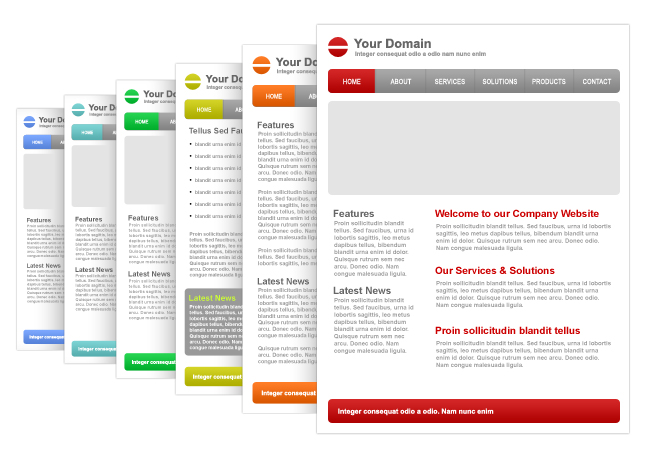First let us define what a landing page is. IT is the first page that a user or a search engine crawler sees when they try to access your URL. It is either an HTML page or a static page. In the early days, just about any page would be the landing page, including animations, greetings or other messages, disclaimers or even redirects.
But with web 2.0 that has changed and landing pages are more or less standard, and optimizing them has become all important. This is where it will be determined whether you will beat your competition when it comes to the SERPs.
A landing page is expected to contain the important information regarding your website; what products or services you are dealing in and so on. Scanning the landing page is the best way to learn about your business, and that is why they are considered of prime importance by search engines.
So how will you ensure that your landing page is SEO effective?
First off you need to recognize your target audience and understand how you can connect to them; what kind of content and what type of offers will interest them? Maybe your audience want solutions to certain problems they are facing; in that case mention how your product/service can resolve that issue, and so on.
- Place the vital details in a recognizable format on the landing page where it will be visible clearly to both human visitors and search engine spiders.
- This should be the first in the BODY tag. Everything else should come only after this.
- Make use of H1 tags for highlighting the main content (H2, H3 and so on for the less important content) and the STRONG tag for the one you want the most visible. You could even have a title and give that the H1 tag.
- Employ an SEO friendly layout and ensure that the content that needs to be crawled in the very first block.
- Avoid large images and instead use more text to describe your products; that will make it more crawlable.
- Avoid Flash on the landing page. While it will keep your visitor entertained, the search engines will not appreciate it! The same goes for JavaScript too.
- Frames dilute your SEO quotient, so avoid using frames too. They are old hat anyway. If you feel you simply MUST have frames, implement a two frame model; split the frames in two and select one for SEO.
- Avoid pop-ups too, it affects the quality.
- Don’t make the mistake of having all the links like the link to your category pages and so on. Only use the most important links here, along with the appropriate anchor text, like a combo of keywords and categories, for example.
- Keep the code lean; follow standardized code structure so that you have minimal errors or invalid entries. Ensure that all the value factors are collected by the page.
- Test-stimulate the page with a spider stimulator to ensure that the content is crawlable.
- Use your keywords wisely on this page. Overstuffing it will put off visitors and make the spiders suspicious. Use too little and the search engines may not pick up your page.
- Try to get the maximum possible links in to your page by using appropriate anchor text; you could also try giveaways (say an interesting e-book) to attract backlinks.
- To ensure you don’t leave anything important out, add footer text.
- At all costs you must avoid duplicate content like the plague.
- Using your street address could help you feature on the SERPs with your location, especially when users search for businesses by location. This doesn’t guarantee a lot more crawlability but if you attract enough traffic and your address is visibly placed on your landing page, it is highly likely that you will gain extra footage on the SERPs.
Tanya Hansen, a freelance writer for Homesecurityreviewsite.com – offers full home security to help protect your family, assets from burglary and other crimes. homesecurity systems
